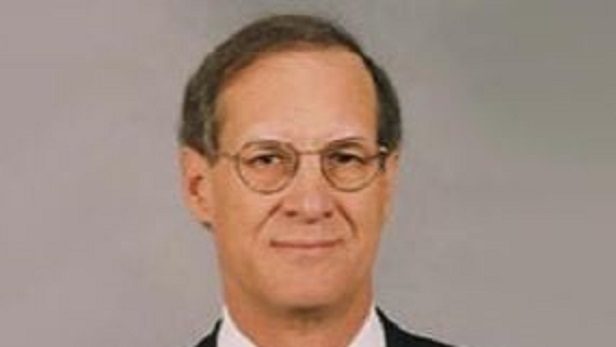There was no way the torrid rate of growth in corporate earnings will continue this year. The effects of the tax cuts and deregulation had a huge impact for the positive in 2018, but now it is a new year with new problems. That said, for all the talk of a recession in 2019, the US economy is still growing very nicely and will continue to do so unless unforeseen circumstances interfere. It is likely that GDP will still post 2.5% to 3% growth, at least for the first half of 2019, and possibly into 2020.
Moderate growth and continued profit growth means there is continued investment by companies in new facilities and offices. More importantly, it means consumers continue to experience growing wages. Job security is still strong. Consumers will continue to spend. It is also looking likely that the Fed will not raise rates anytime soon. The combination of a continuing strong job market, moderate growth in wages, improving productivity through technology investments, solid consumers balance sheets, and a moderate growth in GDP, means it is unlikely there will be inflation.
Recommended For You
Furthermore, as the Fed unwinds its balance sheet, it is signaling that it has recognized that liquidity could be a problem and will monitor this issue more carefully. If liquidity does become a more troublesome issue, the Fed might reduce the $50 billion a month or maybe even temporarily suspend it altogether.
All of this is good for CRE.
The slowing housing market, though, is causing some concern. At 4.5%, rates are not stopping that many new purchase of homes. Rather, the slowdown is more due to now high prices of homes, and credit issues for borrowers who are saddled with student debt. The $1.5 trillion of student debt which averages $37,000 per borrower, is a real issue. Millennials are not all working in Silicon Valley or Wall Street — many, if not most, are not earning enough to justify repayment of the student debt plus a new mortgage. Also, many are making a rational decision that renting may be a better choice for them right now until they improve their balance sheets and reduce their student debt loads. As a result multifamily should continue to be strong in many markets where there is not over development.
Overall, the environment for CRE should remain good even as growth slows. Good and stable is better than fast growth, as it is sustainable for the longer term. Rates will not get pushed too high, and values should remain around where they are. Lending will remain fully available at relatively low rates. 2019 should be a solid year for the industry.
The views expressed here are the author's own and not that of ALM's Real Estate Media Group.
© Touchpoint Markets, All Rights Reserved. Request academic re-use from www.copyright.com. All other uses, submit a request to [email protected]. For more inforrmation visit Asset & Logo Licensing.








